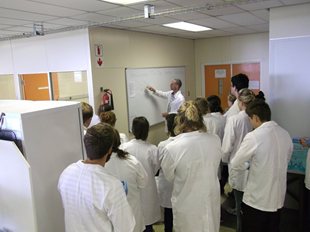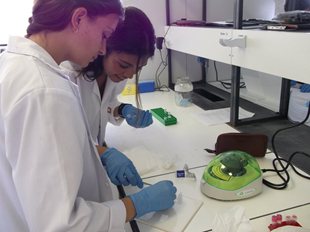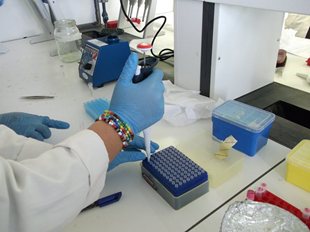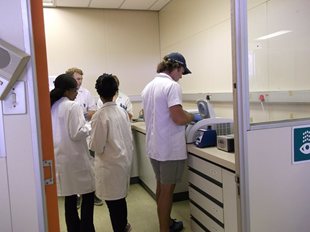Distribution and Connectivity of Estuarine Machrophye Habitats and Responses to Global Change
Dimitri Veldkornet, Botany PhD
A large portion of this project is dedicated to studying the phylogenetic patterns of South African macrophytes. This study will contribute to the understanding of coastal biogeography. The taxa under study are complex as they have very similar morphology, permitting a genetic level of study. DNA extraction, PCR amplification and sequencing techniques will be used to obtain results.
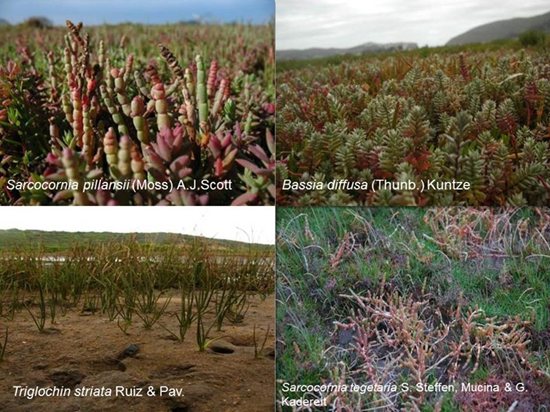
An Evaluation of Morphometric and Genetic Diversity of Eurydice species occurring on Sandy Beaches along the South African Coasts
Magda Hawkins, Zoology Masters
The purpose of this study is to re-evaluate the taxonomy of the Genus Eurydice, an intertidal isopod occurring on sandy beaches along the South African coasts. This will be done by making both a morphometric and genetic comparison of samples taken at intervals along the coast. There are currently three recognized species of Eurydice in the study area. These were described using various morphological characteristics. A national review of the genus and samples taken at various stations along South African coasts have shown that a large number of individuals do not conform exactly to any of the three described species, many exhibiting intermediate characteristics. Sequence analysis of two mitochondrial genes, namely CO1 and 16S, will be used to determine genetic diversity of Eurydice along South African coasts.
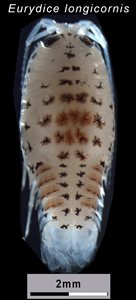
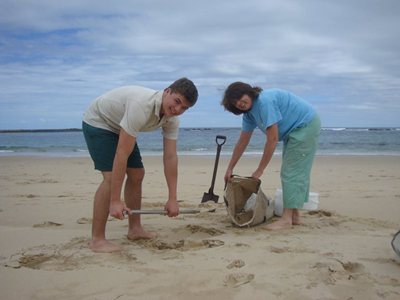
Seabird Research
Dr Maëlle Connan, Zoology post-doctoral researcher
In seabird studies, identifying the sex of individuals is crucial as females and males can adopt distinct behaviours as a consequence of different energetic constraints. Unfortunately, many species are monomorphic, or very close to being monomorphic. The genetic method of Fridolfsson & Ellegren (1996) has been adapted and used to sex different species of seabirds in the Genetics Lab. Projects that investigate the feeding ecology of Cape gannets, African penguins and King penguins have made use of this facility. Masters students, Gavin Rishworth and David Green (2012-2013), used the facility to sex Cape gannets. Gavin investigated the time-activity budgets of breeding pairs of Cape gannets and related those activities to chick growth. David investigated the feeding ecology of this bird species.
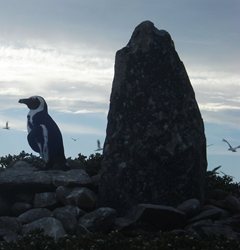
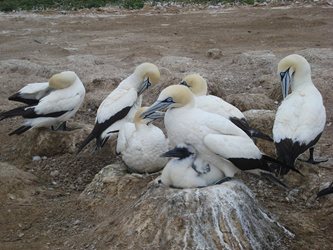
Undergraduate Practicals
Each year, a practical is prepared for third year Zoology students. They have the opportunity to extract DNA from tadpoles/frog tissue, which is run through a PCR machine and the sequencer.
